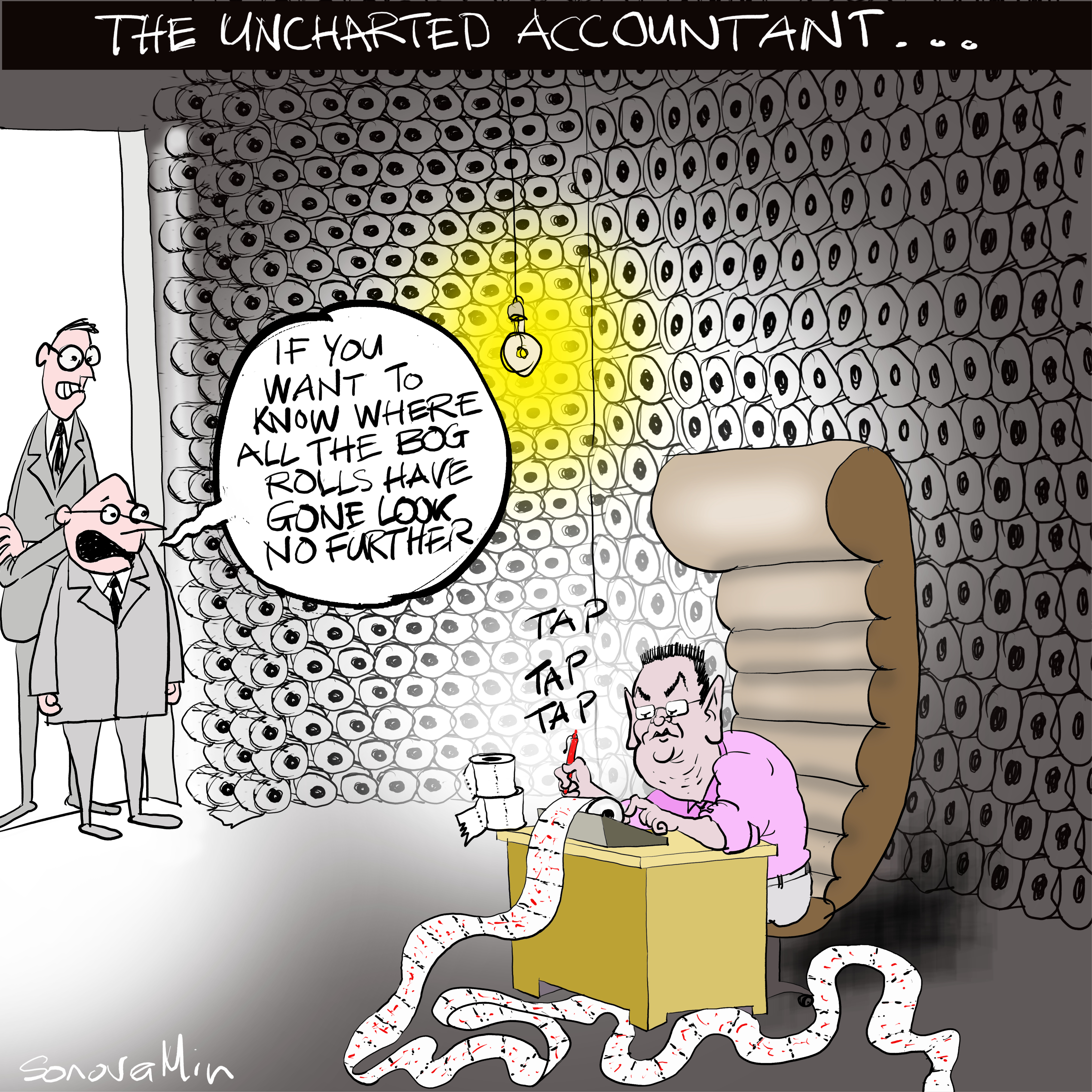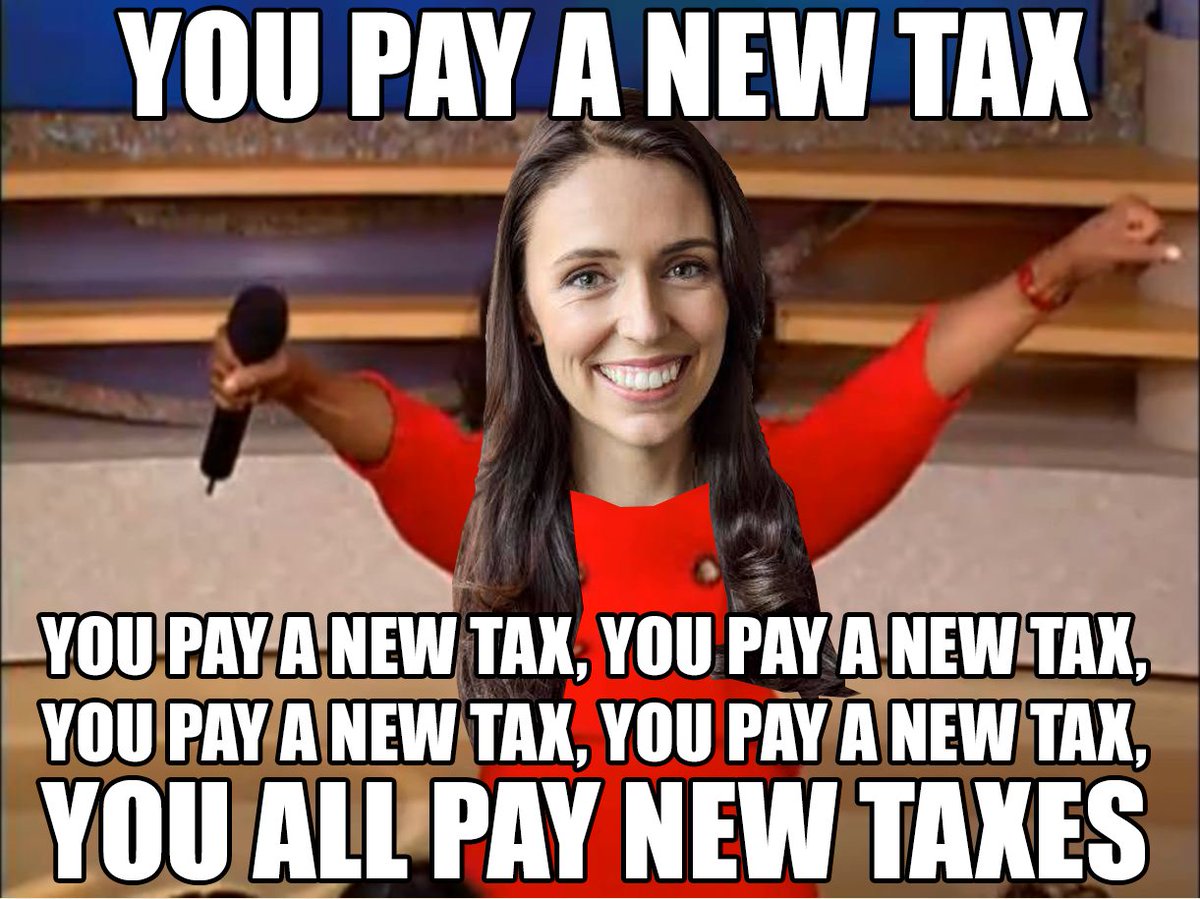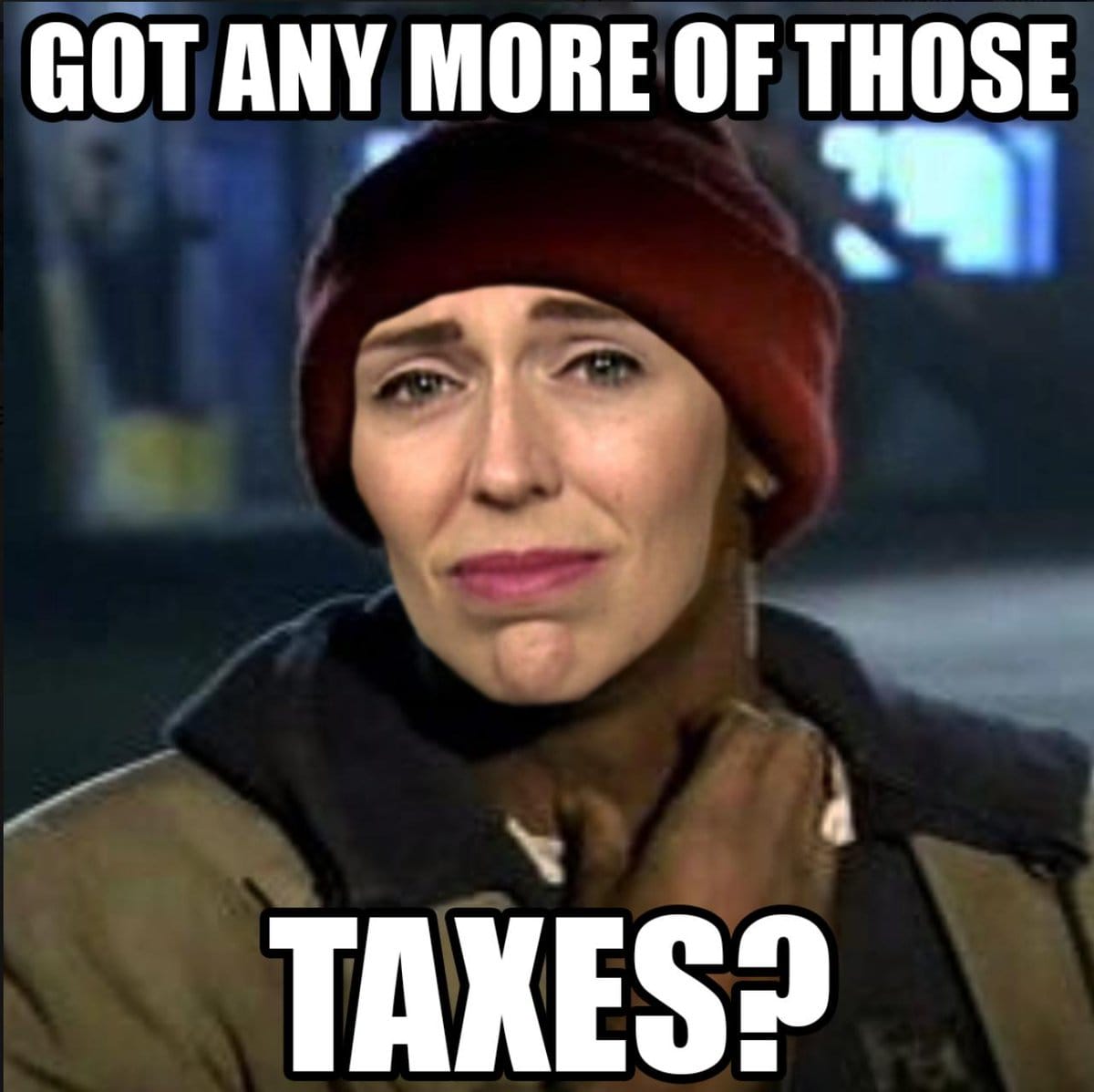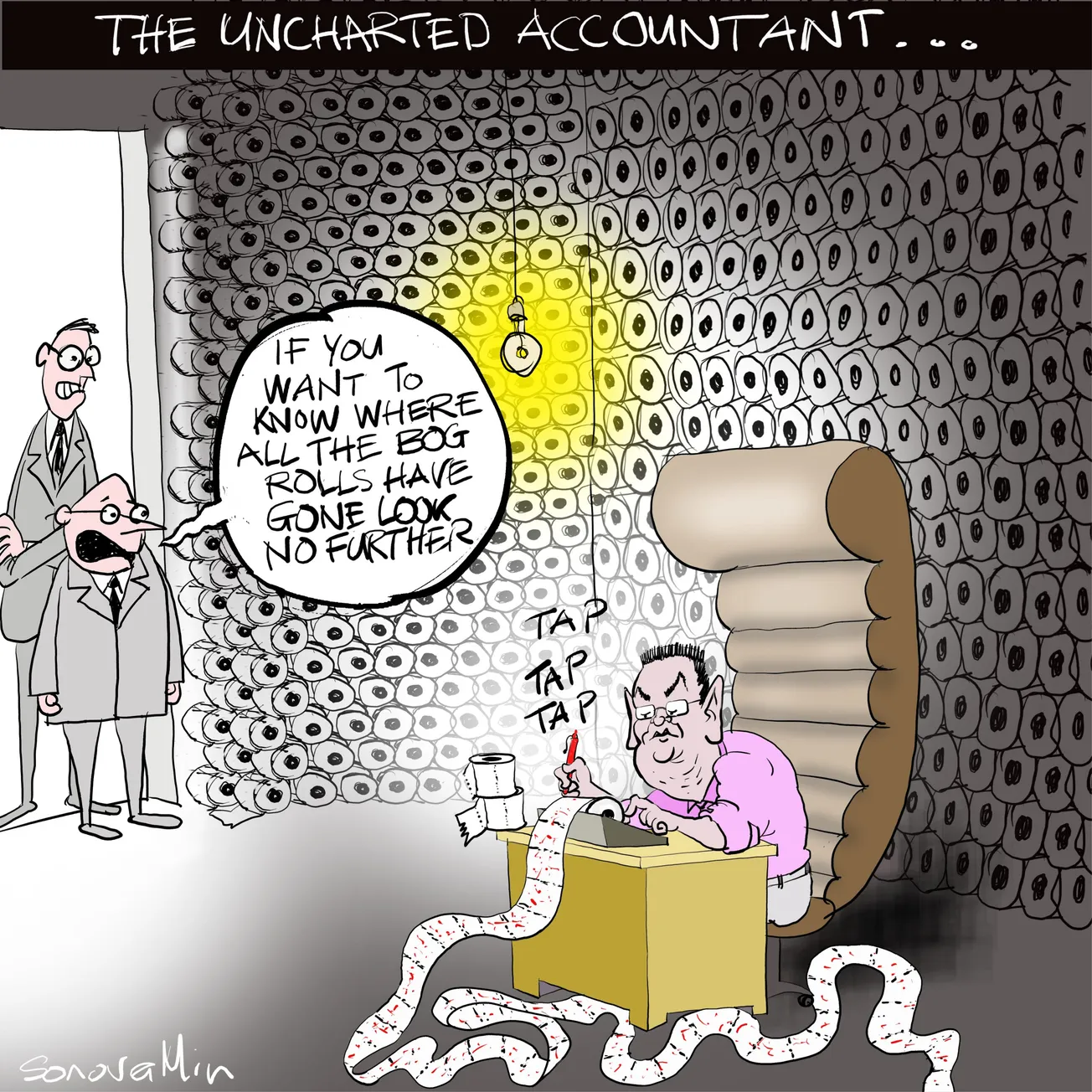Table of Contents
We are locked into a plan that has most of us on welfare one way or another, and we are also locked into an economic meltdown. The meltdown is just starting, but it has the potential to become very severe indeed. In the early 1990s, we had a bad recession which was ruinous for a lot of people with ‘only’ 10% unemployment. Whether Grant Robertson likes it or not, we may exceed 10% this time around.

I am currently working through the March GST cycle and the May provisional tax payments. At this point it is business as usual; the lockdown started in the last few days of March, so the GST intake for that period will not be much different from normal. But it will be very different in the next GST round. With just about the whole country in lockdown, the GST take will be dramatically reduced for April and May, so the government is going to start feeling the decline in revenue very soon.
Some of the government’s proposals, particularly those designed to help business, are not cash costs, but merely adjustments around the edges. Changing the rules around company losses is very different from paying out a wage subsidy, although there is an expected fall in revenue as a result overall. But there is probably no getting away from it. This government is going to increase taxation at some time in the near future.

The question is… what form will it take?
My first bet is that they will introduce a top personal tax rate, just like Helen Clark did in 1999. Labour can never resist taxing those ‘rich pricks’. In 1999, Labour introduced a top tax rate of 39% on incomes over $60,000, even though $60,000 was not a huge salary even in 1999. Then in 2008, in the vain hope of not losing the election, the top rate was maintained at 39%, but the threshold was increased to $70,000. I think they will introduce a new top tax rate of 40% on incomes over $80,000 before the year is out, assuming Labour wins the election. There is a pandemic to pay for after all.
This rate will also apply to Trust income.
Assume a lot of other taxes will increase too – ACC levies, car registrations, fuel levies, tobacco and alcohol levies, road user charges… we will all knuckle down and behave like good little socialists because “Dear Leader” Jacinda Ardern saved us from the plague. All of the good work done by the previous government in the area of taxation will be undone in one bug-ridden swoop. You can be sure of it.
Will GST increase? It is pretty high now. It could go to 17.5%. GST is paid by just about everyone, and so it is as efficient a tax as you can get. But there is always the outcry that the poor do badly if GST increases, so I doubt that this will happen at this time.
Will the government use this as an opportunity to reintroduce a Capital Gains Tax? It might, but the forecasts will be underwhelming. Capital gains are not usually notable during a recession, so the revenue produced from this will be very little, probably for several years. Generally it is not worth losing political capital over something that produces next to no revenue, although it may be an opportunity to persuade a compliant public that it is in the best interests of the country to do it now.
What about a wealth tax? This is another socialist’s favourite. A wealth tax is a tax charged each year based on an individual’s net worth, including property and investments. Gareth Morgan will be salivating at the very idea. But a wealth tax is a tax on unearned income. Rents, interest and dividends are already taxed, but at least these are forms of income from which the tax can be paid. Forcing people to pay tax on the value of their house, their shares or their other investments year after year can force people into poverty. The value of investments is out of people’s control, particularly if we hit a period of high inflation. That won’t worry Labour too much though. It is only ‘rich pricks’ that will be paying it. But forcing people to pay tax on unearned income is political suicide and, for that reason, I think it is unlikely; although if Labour and the Greens alone form the next government, all bets are off.
Pensions could be means tested. This looks more and more likely, but it is quite possible to avoid such taxes. Many accountants and lawyers got rich helping clients to avoid superannuation surcharges in the 1990s, and it could all happen again. I’d better not plan on retiring just yet.
But the big deal with taxation, of course, is that people have to have incomes from which to pay it. The longer this all goes on, the more people will have reduced incomes or no jobs at all. Then it won’t matter what the top tax rate is, as few people will be paying it. But if the last National government could cope with the GFC, the Christchurch earthquakes and still pay down debt, it can be done. However socialist governments will never turn down an opportunity to increase taxes. That is why, no matter how well you think Jacinda has handled the pandemic, we absolutely have to get rid of this government later this year. Your financial future depends on it.

If you enjoyed this BFD article please consider sharing it with your friends.









